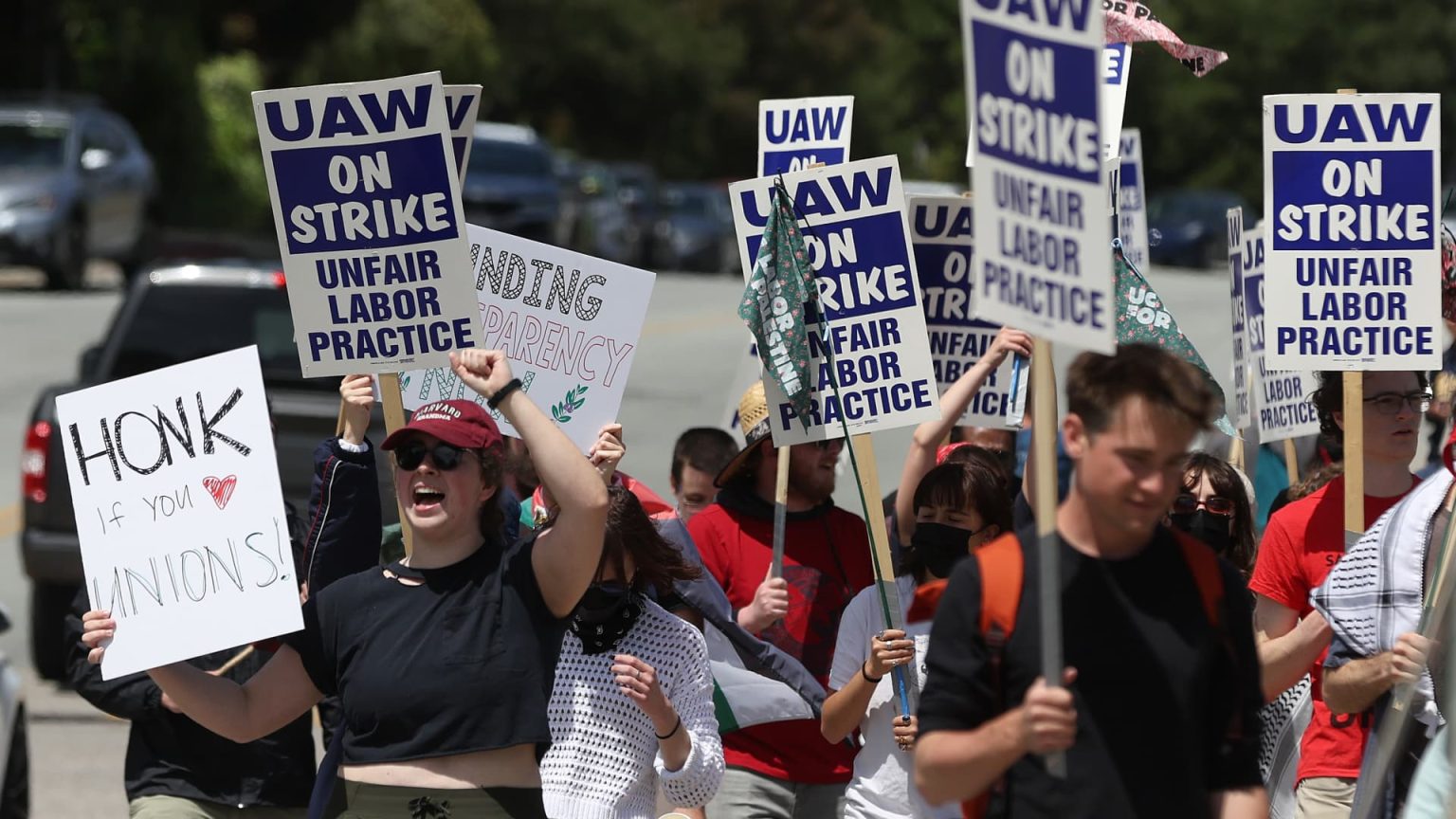The United Auto Workers union is challenging the results of a recent organizing vote at a Mercedes-Benz plant in Alabama, where workers voted against union representation. The union alleges that the German automaker engaged in unfair labor practices such as firing pro-union workers, forcing workers to attend anti-union meetings, and interfering with workers’ ability to advocate for the union. The UAW is asking federal officials to order a new election, citing a dozen or so other claims of unlawful behavior.
Despite more than 90% of the eligible 5,075 Mercedes-Benz workers participating in the election, union organizing at the Alabama plant failed with 56% of the vote going against the UAW. The NLRB oversaw the election, confirming the results. The UAW maintains that all the workers wanted was a fair opportunity to have a say in their working conditions and a voice on the job. The union is seeking a new vote where the company does not engage in tactics such as firing employees, intimidation, and breaking the law.
Following the announcement of the election results, the UAW filed objections and is challenging the election with the NLRB. The federal agency will review the union’s claims of an unfair election. If substantial issues of fact are found, a hearing may be ordered. The NLRB is also investigating multiple unfair labor practice charges filed by the UAW against Mercedes-Benz, including six charges since March. The company maintains that it has adhered to the NLRB guidelines and hoped that the UAW would respect the workers’ decision.
UAW President Shawn Fain accused Mercedes-Benz of conducting an anti-union campaign that included “egregious illegal behavior” after the results were announced. Fain declined to discuss the union’s plans to object to the outcome of the election. The UAW had previously filed charges against Mercedes-Benz, alleging discipline of employees discussing unionization, surveillance of workers, and other actions deemed to be anti-union. The Alabama results were disappointing for the UAW, coming on the heels of a successful organizing drive at a Volkswagen plant in Tennessee.
The UAW’s efforts to organize Mercedes-Benz workers in Alabama faced challenges, as the company was accused of engaging in unlawful conduct to undermine the unionization efforts. The union had experienced success in Tennessee, but the Alabama vote proved to be more difficult. The NLRB will investigate the union’s objections and determine if a new election should be ordered. The UAW remains committed to fighting for workers’ rights and ensuring they have a fair opportunity to have a voice in their working conditions. Mercedes-Benz has stated that it will continue to cooperate with the NLRB through the objection process.


